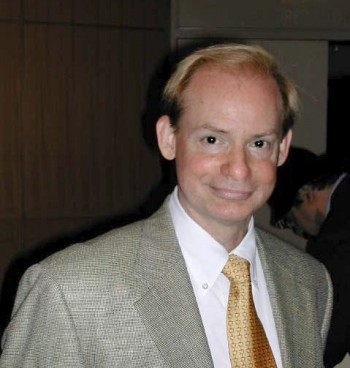Entries in politics (1)
After Democracy?
 Wednesday, April 7, 2010 at 02:05PM
Wednesday, April 7, 2010 at 02:05PM Not very likely. Ideas about how to make good decisions keep changing. Facts about who has power (armies, landlords, rich people, managers) keep changing. And bad decisions keep being made. About when to go to war, about who doesn’t qualify for equal rights, about who should receive taxpayers’ money.

This is widely regarded as the best possible system of government. Not by me.
The purpose of government is to make decisions. Good government avoids making bad decisions. Decisions are bad if they go against the interests of most people or unfairly oppress any group or category of citizens. In order to make good decisions, you must:
- Take into account the experience and preferences of the people who will be most affected by the decision (stakeholders)
- Take into account the knowledge and projections of those who are most expert about the available options
- Not apply decisions to people or places where their consequences cannot be foreseen or where local conditions require a different decision
The logic of good decision-making and the economics of power are generally at odds with each other. Decision-makers tend to become decision-makers because they have amassed power: economic power, political power, military power. People with power always want to have more power, because they know how they got theirs and they know someone else will grab it away if they don’t have enough power to stop them.
The result is that more and more decisions that affect more and more people are being made by fewer and fewer people. And that is basically why we are getting more and more bad decisions.
Our “democracy” is simply a justification for this bad system of government. We elect in the United States (and similarly in most other democracies) about 500 people to make all decisions about all subjects on behalf of hundreds of millions of people. That’s ridiculous!
So what would be better? For a start, a principle that each decision should be made locally unless it really has to be uniform across a nation. Each decision should be made at the most local level of social organization (neighborhood, town/city, county/province, region, nation, international organization) that it needs to be made at. Why? Because local conditions are different. What is the right decision in one place will be the wrong decision somewhere else. Unless you want to force the whole world, or the whole country, to become totally uniform in every way. I don’t want to live in that kind of country or world.
What else? Each decision should be made by a different group of people who actually know something about what they are deciding: A mix of experts, stakeholders, and elected representatives of the general interest.
Where local decisions or decisions on different issues come into conflict, and the conflicts really must be resolved, then there should be courts of reconciliation to find the best compromises.
These are simple principles. Allocate decisions to the relevant level of government. Make decisions through balanced groups who represent the relevant knowledge and interests. Reconcile differences when necessary.
Rule by power is outmoded and dysfunctional, but its what we’ve really got, even if it is well disguised. Rule by electing people you don’t know to decide things they are clueless about makes for bad decisions.
We can do better. The history of forms of government is not over. Something will follow next after today’s idea of democracy. And we had better start thinking now about what it will be.

